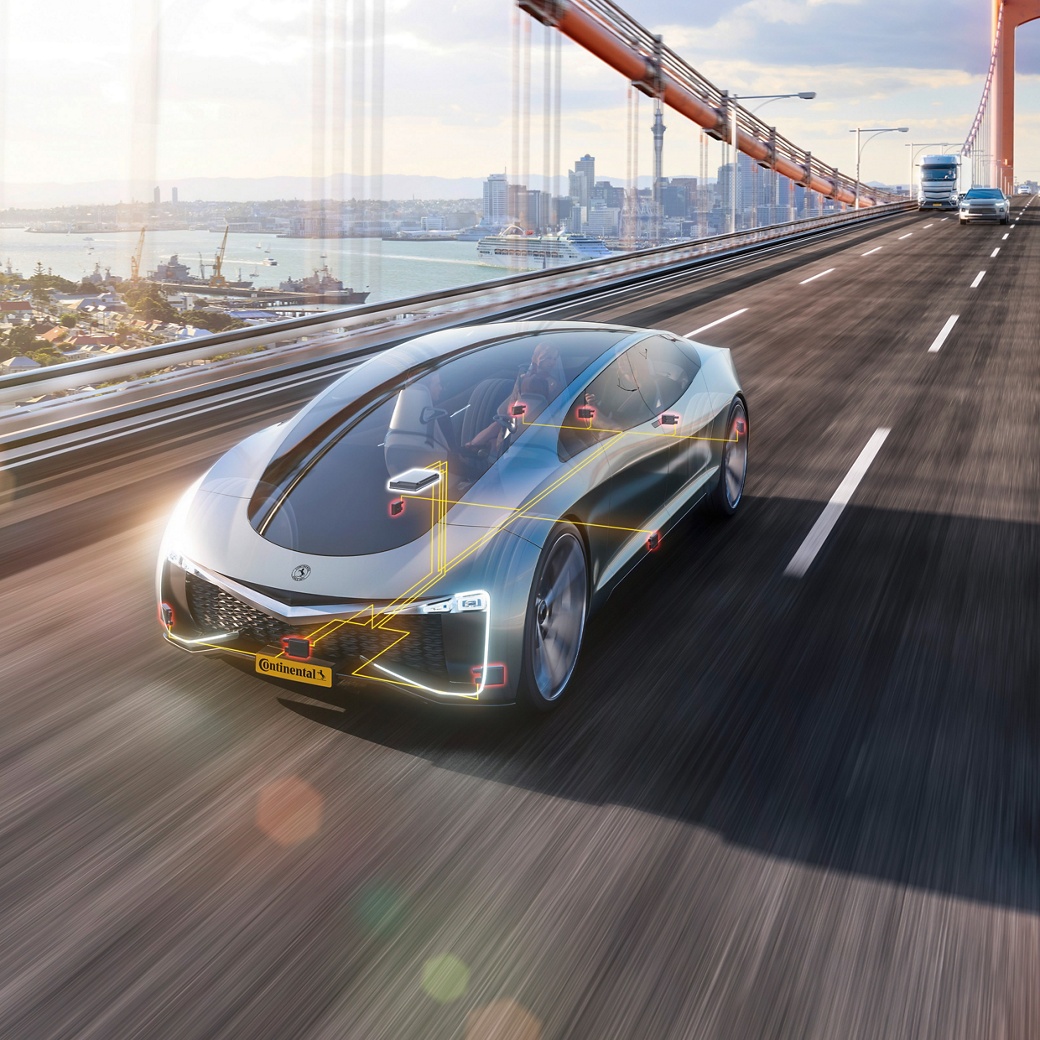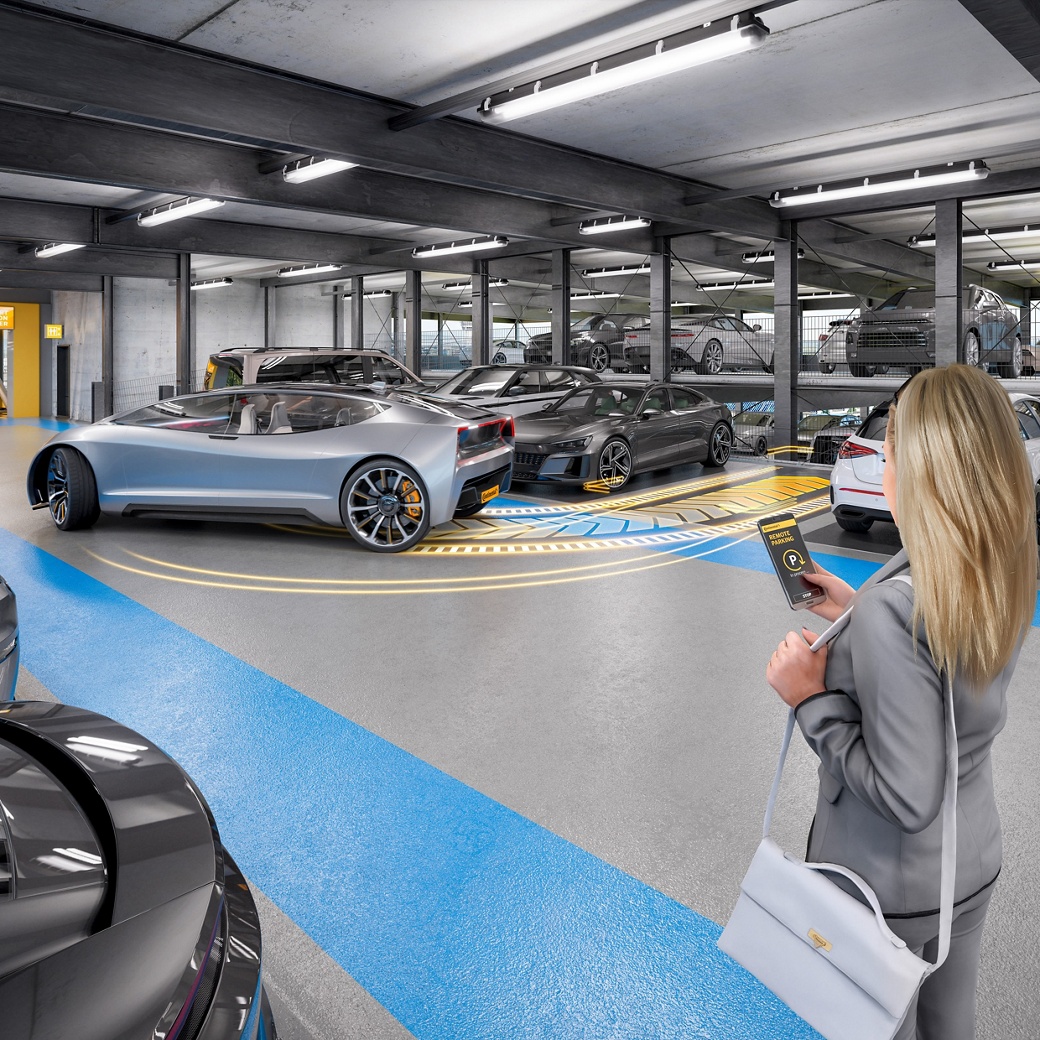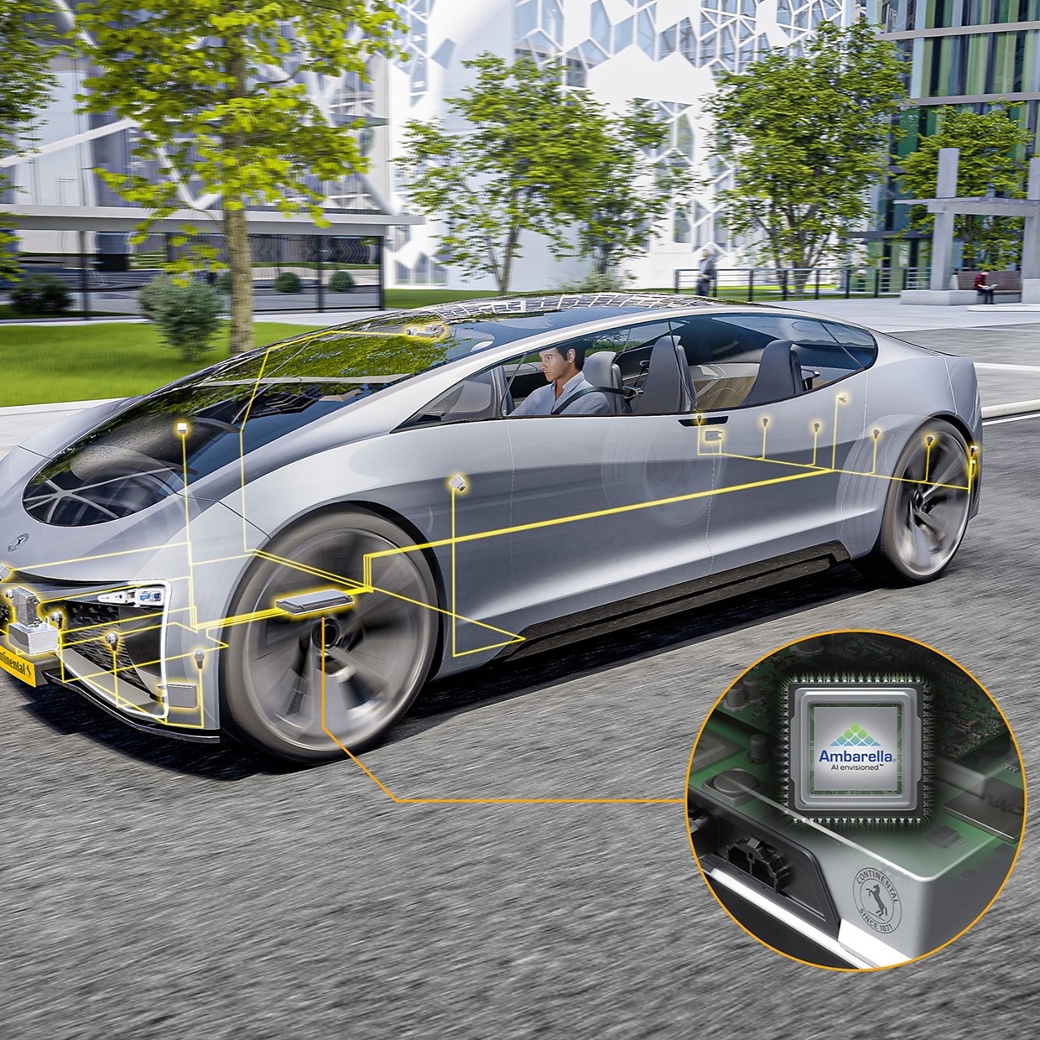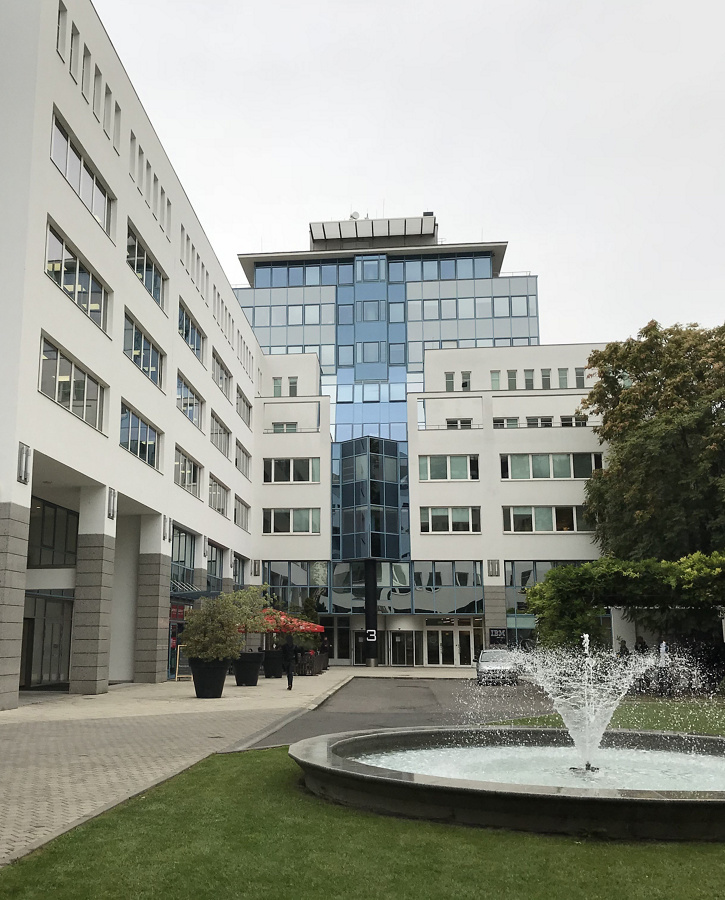At the Continental Artificial Intelligence Development Center in Budapest, Hungary, we create next-generation automotive software solutions for making automated driving safe. Our teams develop AI technologies for driver assistance and automated driving systems that encompass computer vision, sensor fusion and environmental modeling. The goal: eliminating fatal road accidents within Continental’s Vision Zero.
Continental AI Development Center
in Budapest
Who we are
What we do
At our AI Development Center in Budapest, Hungary, we are passionate about bringing state-of-the-art deep learning technology into our products, based on camera, LiDAR, and radar perception.

Assisted and automated driving
We began our journey with delivering front-vision AI solutions for the 5th generation MFC camera family, and since then, we have been gradually increasing the complexity. Currently, our neural networks are trained on front-view MFC and surround-view SVC cameras, as well as on LiDAR and radar sensors. Delivering these solutions calls for the use of cutting-edge deep learning algorithms with ever-evolving neural architectures. Through our partnership with Aurora, we are expanding our scope from advanced driver assistance systems to highly autonomous and fully automated driving.

Automated parking solutions
In our automated parking solutions, we leverage camera vision, AI-based perception and scene understanding. We develop intelligent algorithms to detect parking-related objects and scenarios seamlessly. With a "Safety First" mindset, our low-speed collision avoidance systems ensure utmost safety for all. Our robust data management infrastructure, including data labeling, engineering, enrichment, and multimodal LLM-based description generation, fuels high-quality data for model training.

Synthetic data generation
We are actively engaged in data science research and experimentation, exploring novel techniques for synthetic data generation. This approach not only augments the available data but also enables the creation of diverse and realistic scenarios, further enhancing the robustness and adaptability of their AI solutions.

Highly scalable hardware
In order to master growing algorithmic complexity, we have teamed up with Ambarella to achieve highly scalable hardware for deploying our solutions. Together, we develop perception solutions for advanced driver assistance and highly automated driving to achieve up to five times higher energy efficiency.
- Utasi, Á. (2022): “PEA: Improving the Performance of ReLU Networks for Free by Using Progressive Ensemble Activations”, in: Efficient Deep Learning for Computer Vision (ECV) CVPR Workshop.
- P. Almasi, R. Moni, and B. Gyires-Toth. Robust reinforcement learning based autonomous driving agent for simulation and real world. In 2020 International Joint Conference on Neural Networks (IJCNN), pages 1-8, 2020.
- A. Kalapos, C. Cor, R. Moni, and I. Harmati. Sim-to-real reinforcement learning applied to end-to-end vehicle control. In 2020 23rd International Symposium on Measurement and Control in Robotics (ISMCR), pages 1-6, 2020.
- M. Tim, M. Szemenyei, and R. Moni. Simulation to real domain adaptation for lane segmentation. In 2020 23rd International Symposium on Measurement and Control in Robotics (ISMCR), pages 1-6, 2020.)
- T. Lorincz, M. Szemenyei, and R. Moni. Imitation Learning for Generalizable Self-Driving Policy with Sim-to-Real Transfer. ICLR 2022 Workshop on Generalizable Policy Learning in Physical World, Poster.
- S. Skribanek, M. Szemenyei and R. Moni. Semantically consistent sim-to-real image translation with neural networks. 2022 IEEE Intelligent Vehicles Symposium (IV 2022)
- Andras Kalapos, Csaba
Ger, Robert Moni, and Istvan Harmati. Vision based reinforcement learning for lane tracking control. Acta International Measurement Confederation (IMEKO), 10(3): 4-7, 2021.
Our AI Experts

Ákos Utasi
Senior Deep Learning Engineer

Róbert Moni
Senior Deep Learning Engineer
- Ákos Utasi holds a PhD in Computer Science and has an academic background in the fields of Machine Learning and Computer Vision. He started his professional career working on human face and emotion modeling as well as camera perception for autonomous driving systems. He joined Continental in 2020 and has been working mainly on lane marker detection, object detection and pose estimation.
- He is also a reviewer for the Machine Learning for Autonomous Driving Workshop (ML4AD) at Conference on Neural Information Processing Systems (NeurIPS) and for the Hungarian Association for Image Processing and Pattern Recognition Conference (KÉPAF).
- Since 2018 at Continental, Róbert Moni is contributing to the next generation 360 degrees environment monitoring with expertise on low-level fusion, 3D object detection, model KPI definition, logging, and visualization. His aim is to deliver a robust and scalable AI solution with sensor fusion. He is currently studying Deep Reinforcement Learning in complex environments for use cases, such as fully autonomous driving, at the Doctoral School of Electrical Engineering at Budapest University of Technology and Economics (BME). In addition to his PhD studies, Robert led the PIA (Professional Intelligence for Automotive) project, a collaboration between Continental and BME, with the goal to support students’ education and research in the field of Machine Learning.
Do you want to know more?
*If the contact form does not load, please check the advanced cookie settings and activate the functional cookies for the purpose of contact management.


